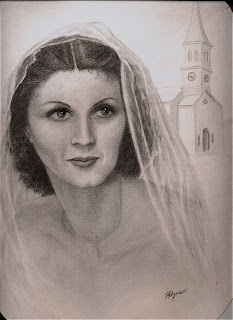
Rituals have a purpose in our lives--to help us prepare the state of mind and focus our energy and spirit. As most writers I know, I, too, have my specific and peculiar rituals when I prepare to write.
Early mornings are my most productive time. After I rise, while still in a drowsy state, I reach for my "Dream Journal" and jot down any dreams or dream fragments I can recall. While my coffee is brewing I prepare for the day. I spend thirty minutes doing yoga or meditating. Then I turn on music conducive to my creativity, chosen according to what I'm working on--anything from classical to rap.
I take my coffee to my desk and before I begin I close my eyes and engage in a small ritual I learned from studying Gestalt therapy. I conjure up my "Inner Wisdom"-- a figure representing the divine inner source that connects us to our deeper knowledge. Other mornings I imagine a magical doorway that opens onto a garden of ideas. This helps me to enter my writer's trance for the next two hours.
I turn on my computer and begin by re-reading and revising the last pages I worked on as a way to re-enter the piece. After that, I don't look back but let my fingers speak my thoughts until my alarm chirps to remind me I've been writing for two hours. The chirping breaks my trance and I stop and stretch. I don't look back at what I've accomplished for now. I get another cup of coffee. By now it's daylight and my dog is begging for her morning walk.
If I have time later in the day I read over my work and make revisions. But the one appointment not to be broken, is morning writing. If I neglect this ritual on rare occasions I have a nagging conscience, berating me and reminding me that I've left something important undone.
What rituals work for you? What encourages and assists your productivity and creativity? What helps you to WRITE ON!
















